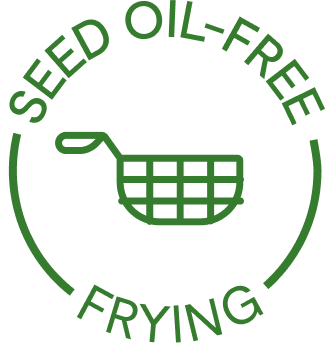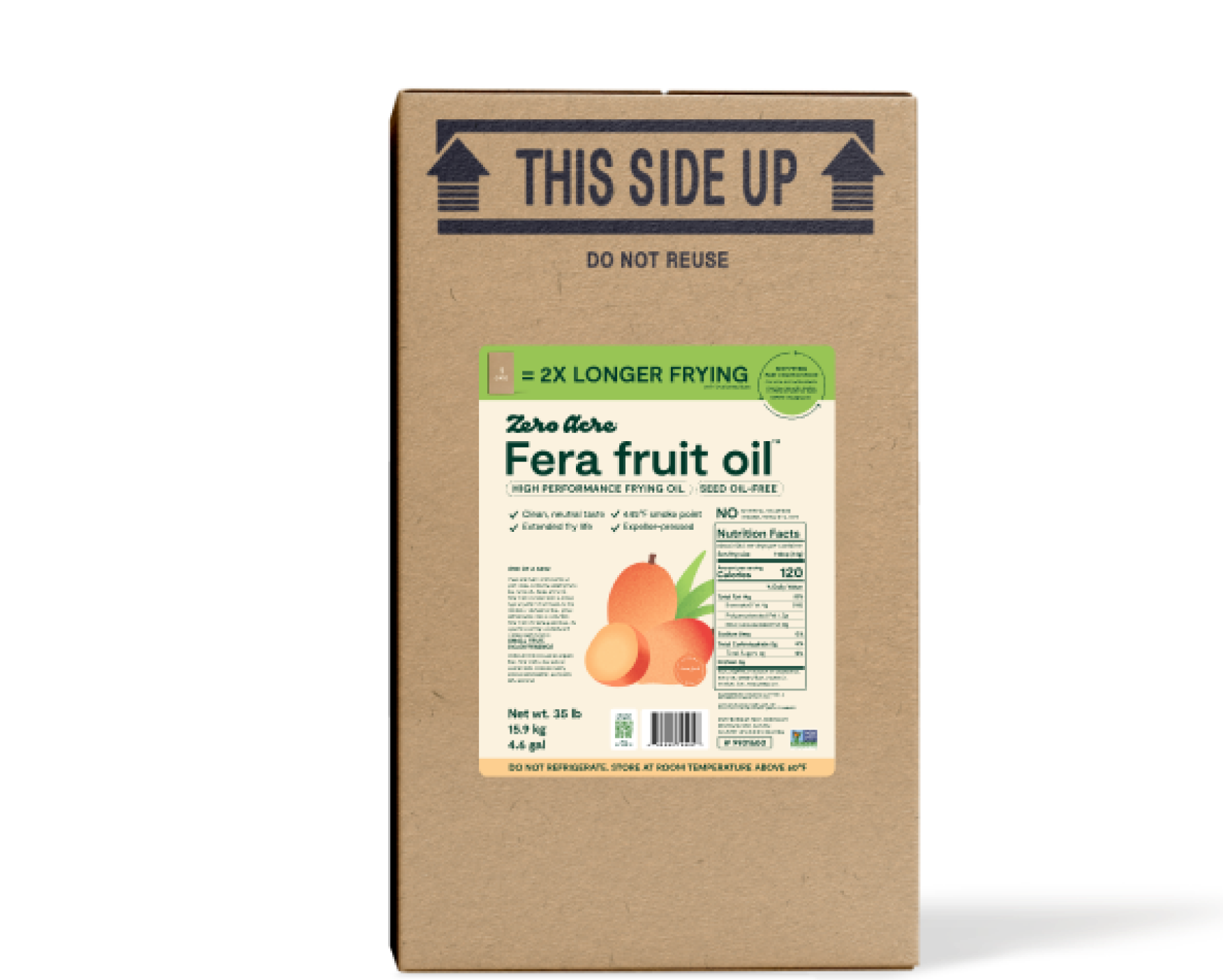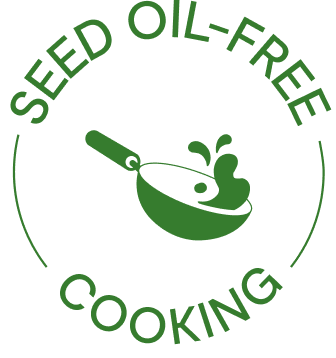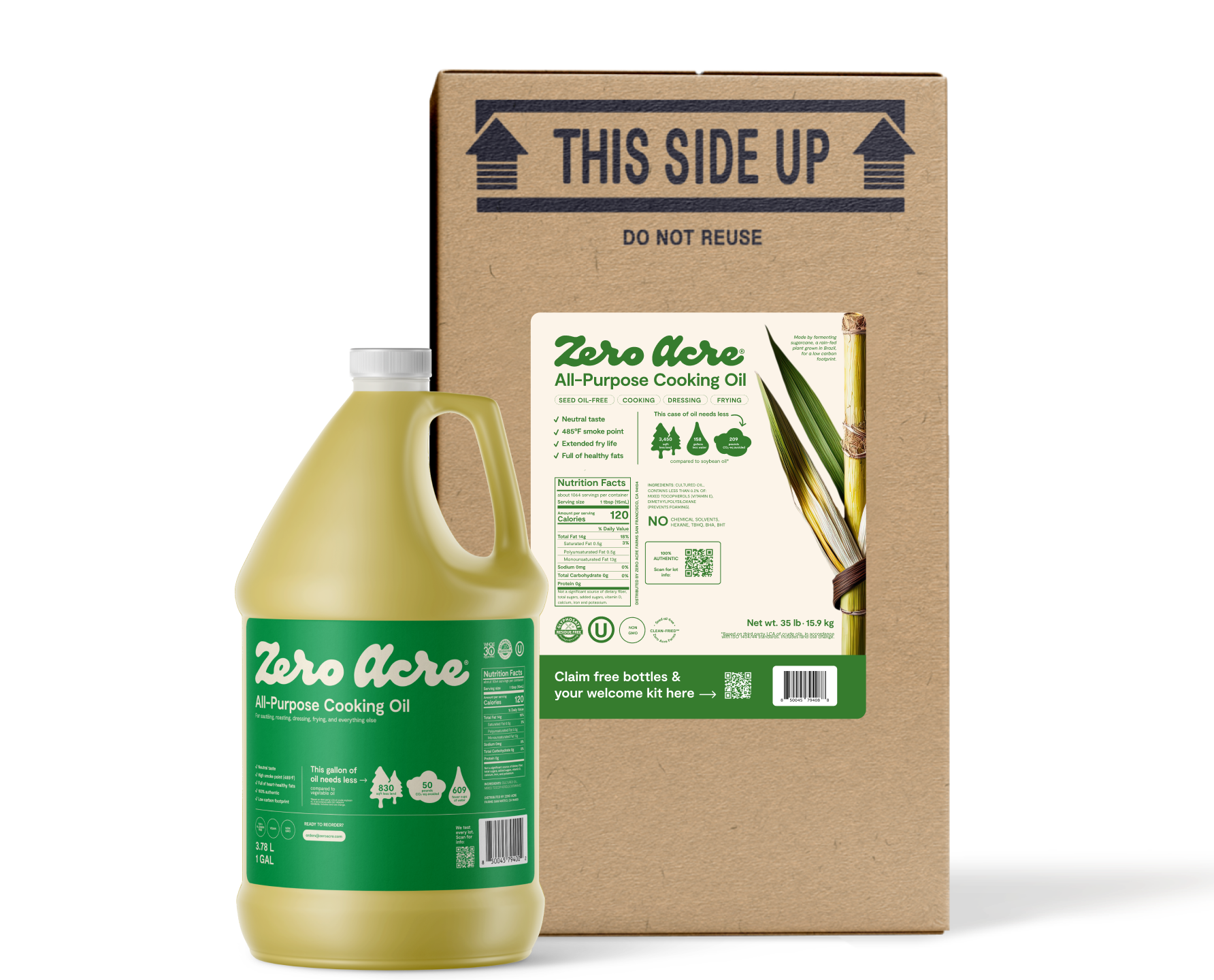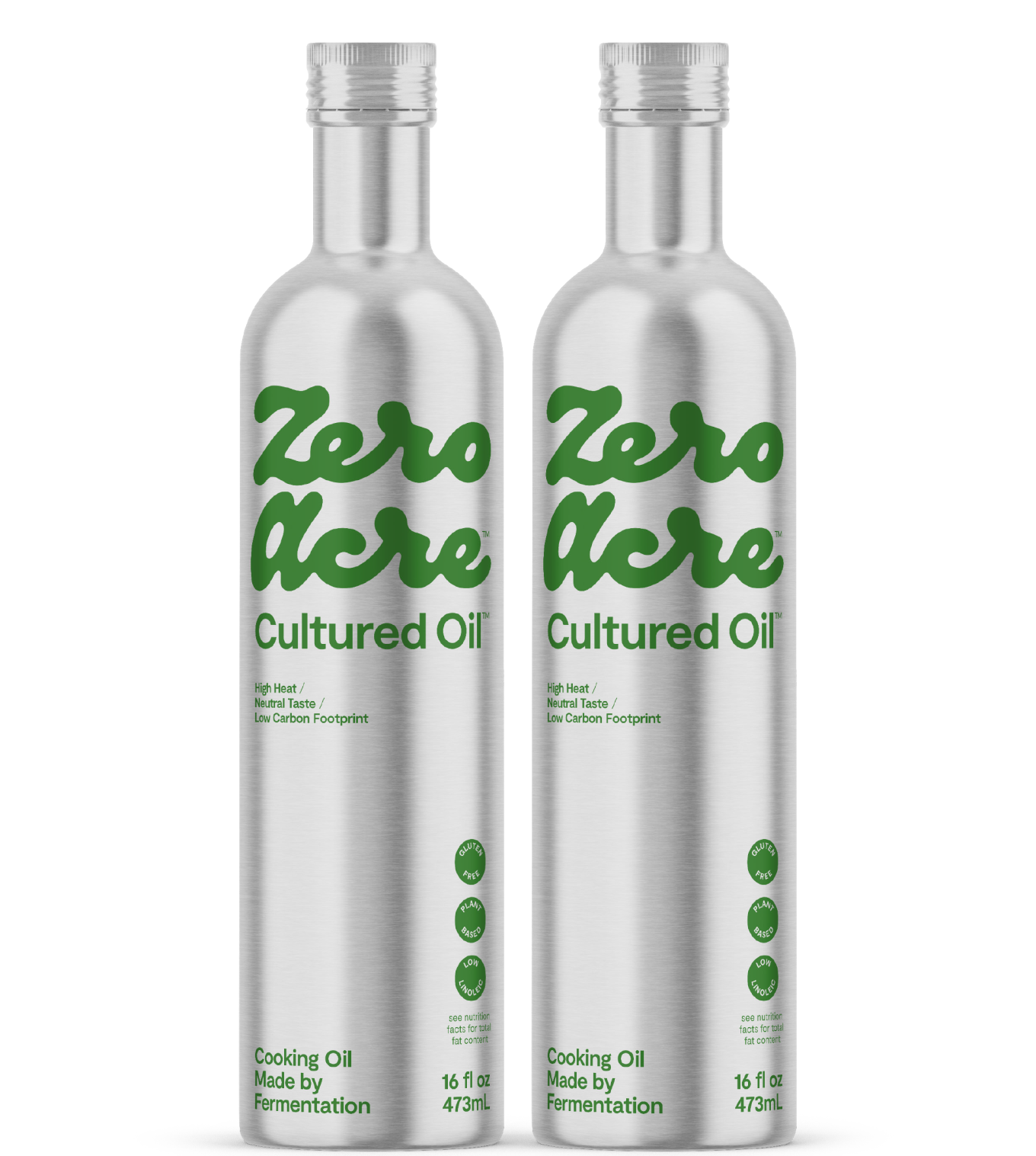WRITTEN BY: Zero Acre Farms
Highlights
Vegetable oils are leading drivers of deforestation, land use, water consumption, and biodiversity loss.
Compared to the most prevalent vegetable oil in the U.S. (soybean oil), Zero Acre oil emits 86% fewer greenhouse gases, consumes 83% less water, and uses 90% less land.
If just 5% of vegetable oil in the United States were replaced with Zero Acre oil, we would save 3.1 million acres of land — about the size of Connecticut! When used in place of olive oil, every 16-oz bottle of Zero Acre oil saves 222 square feet of land.
Zero Acre oil requires 88% less water than palm oil, 90% less water than sunflower oil, and 300 times less water than olive oil. Using one 16-oz bottle of Zero Acre oil instead of the same amount of olive oil saves 5,000 cups of water.
Zero Acre oil comes in a 100% recyclable BPA-free aluminum bottle, offering a more sustainable option than plastic or glass.
Introduction
At Zero Acre Farms, we believe a healthier world is possible. That means not only healthier people, but also a healthier planet.
The primary reasons our planet is sick are air and water pollution, global warming, waste disposal, top soil depletion, natural resource shortages, ocean acidification, biodiversity loss, and deforestation, nearly all of which are results of a growing resource-intensive human population.
One option to address our environmental issues is to have fewer children and reduce our population. That would be an effective, if not drastic, change. Our planet did not evolve to carry 8 billion intelligent, gas-powered, air-conditioned, hungry apes and there are repercussions to our rapid population growth, which has quadrupled in the last hundred years alone.
Another option is to reduce our footprint so that we can do more with less.
While the existence of Zero Acre Farms is not a panacea that will solve all of the world’s problems, switching to more sustainable oils and fats will have a significant impact on many of the largest environmental problems we face today, namely by displacing the consumption of vegetable oils that cause significant environmental issues.
A Healthier World is Possible
A world without vegetable oils is a healthier world. Here are a few reasons why vegetable oils are such a problem for the planet, and why a core part of our mission is to move the world to more sustainable oils and fats:
Currently, the world devotes 20-30% of all agricultural land, between 300-425 million hectares (1 billion acres), to vegetable oil crops [*,*]. More land is devoted to growing vegetable oil crops than all fruits, vegetables, legumes, nuts, roots, and tubers combined [*,*].
Two of the top three drivers of global deforestation are vegetable oil crops [*]. Deforestation drives biodiversity loss and is the second largest contributor to global warming, after fossil fuel combustion [*,*].
Greenhouse gas emissions from vegetable oil crops are as much as 5-25 times higher than most other agricultural crops [*,*].
Vegetable oils such as olive oil and coconut oil, while lower in inflammatory omega-6 linoleic acid, are unfortunately some of the worst offenders when it comes to impact on land and water use and biodiversity impact.
Vegetable oils are the most consumed food in the world after rice and wheat, and remain the fastest growing sub-sector of global agriculture [*,*].
Read more about vegetable oils' impact on the health of the world.
To implement strategies needed to combat climate change, environmental destruction, and biodiversity loss, we need more sustainable options that can satisfy the growing consumer demand for oils and fats.
Zero Acre oil has a low environmental impact and offers a scalable solution to the problems caused by vegetable oils. This report aims to highlight the sustainability benefits of Zero Acre oil compared to conventional vegetable oils and put the differences into perspective.
Zero Acre Farms aspires to do the right thing, and we are constantly looking for ways to do better. If you have suggestions about how our company can improve in any way, feel free to send your ideas to hello@zeroacre.com.
Environmental Impact of Zero Acre Oil vs. Vegetable Oil
In order to put numbers to the environmental impact of different oils, an independent product life cycle analysis (LCA) was performed, which demonstrates that the process behind Zero Acre oil results in a lower carbon and water footprint than nearly all major commercial vegetable oils.
A separate analysis looking at land use efficiency (the amount of land needed to produce one metric ton of oil) demonstrates that Zero Acre oil has the highest oil yield per acre compared to most major commercial vegetable oils.
Compared to soybean oil, for example, Zero Acre oil emits 86% fewer greenhouse gases, consumes 83% less water, and uses 90% less land:

Other cooking oils require even more water and land than soybean oil. Zero Acre oil uses 11 times less water than sunflower oil and 17 times less land than olive oil.
Fermentation and Sustainability
To understand why Zero Acre oil is so sustainable, it’s important to first understand the fermentation process that makes Zero Acre oil possible.
Zero Acre oil production starts with sunlight, which plants photosynthesize to store energy as sugar while also drawing down carbon dioxide from the atmosphere. Those natural plant sugars are fed to single-cell microorganisms, or cultures, that efficiently produce healthy oil via fermentation. The oil is separated from the rest of the culture without the use of harsh chemical solvents like hexane.
Producing oil using fermentation is an extremely resource-efficient way of making delicious and healthy fats for culinary purposes. Compared to agricultural oil crops like soy, canola, olive, and sunflower, fermentation can produce the same amount of oil 50 times faster, with a fraction of the environmental footprint.
Learn how fermentation is used to make our favorite foods, including Zero Acre oil.
Land-Use Requirements

If just 5% of vegetable oil in the United States were replaced with Zero Acre oil, we would save 3.1 million acres of land–about the size of Connecticut!
We dedicate a lot of land to crops. About 12% of all habitable land on Earth, over 1.5 billion hectares, is dedicated to food crops for human consumption, up from 200–300 million hectares a few hundred years ago [*].
For most vegetable oil crops, which only grow in certain regions of the world, land use drives deforestation, and deforestation drives climate change and biodiversity loss. Deforestation is the second largest contributor to global warming, after fossil fuel combustion [*,*].
The land-use requirements for vegetable oils are growing significantly faster than any other major crop [*]. Land area for vegetable oil crops has nearly tripled since 1961 and more than doubled since the 1970s. During that same time, land area for other crops like cereals has stayed relatively flat and has actually decreased since the 1970s.

Today, more land is devoted to vegetable oil crops than to all fruits, vegetables, legumes (pulses), nuts, roots and tubers combined [*,*].
The world devotes 20-30% of all agricultural land, between 300-425 million hectares (~1 billion acres), to vegetable oil crops — an area of land similar to the size of India [*,*].
Vegetable oils don’t just have massive land use requirements because of their prevalence, they are also some of the worst types of crops when it comes to land use efficiency (how much land is required to produce one kilogram of food product). Of all major food crops in the world (at least 10 million tonnes of global production), vegetable oils make up three of the top five most inefficient crops, requiring as much as 3-50 times more land per kilogram than most other crops [*].
There’s a better way.
By using less land to produce oil via fermentation — a process that is not dependent on location and can be produced anywhere in the world — we can significantly reduce rates of deforestation, biodiversity loss, and greenhouse gas emissions caused by the production of edible oil.
Before Zero Acre oil, palm oil was by far the most productive oil crop, producing 3.6 metric tons of oil per hectare of land. However, palm oil only grows within 10 degrees of the equator, which happens to be the latitude home to the most biodiverse regions of the planet, from the Amazon rainforest to the jungles of Borneo. Deforestation in these areas isn’t just tearing down trees — it’s also driving carbon emissions and destroying the habitat of already endangered species like the orangutan, the Sumatran rhino, and the pygmy elephant.
Palm oil and other tropical fats such as coconut oil are a problem for the environment because of where they grow. Zero Acre oil is as productive as palm oil when it comes to oil yield per acre but can be produced anywhere in the world. At Zero Acre Farms, we currently have partners in North America, South America, and Europe, all of whom can perform similar fermentations with similar inputs. These processes are location agnostic.
Compared to vegetable oils like soybean oil, canola oil, sunflower oil, and olive oil, Zero Acre oil requires 86-94% less land.

By switching from oils like canola, sunflower, and soybean to Zero Acre oil, we can help add biodiversity to millions of acres of land, and transform prairies and grasslands from destructive monocrop farmland back to biodiverse, carbon-sequestering wilderness.
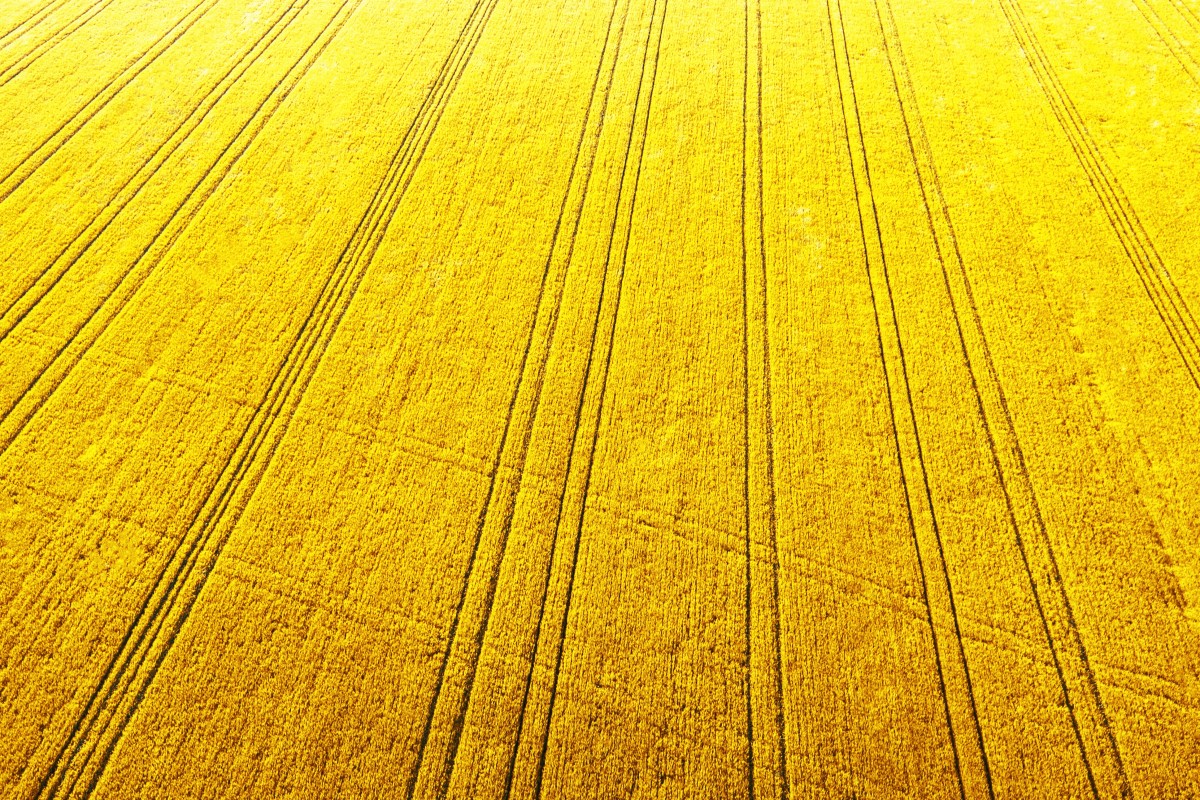
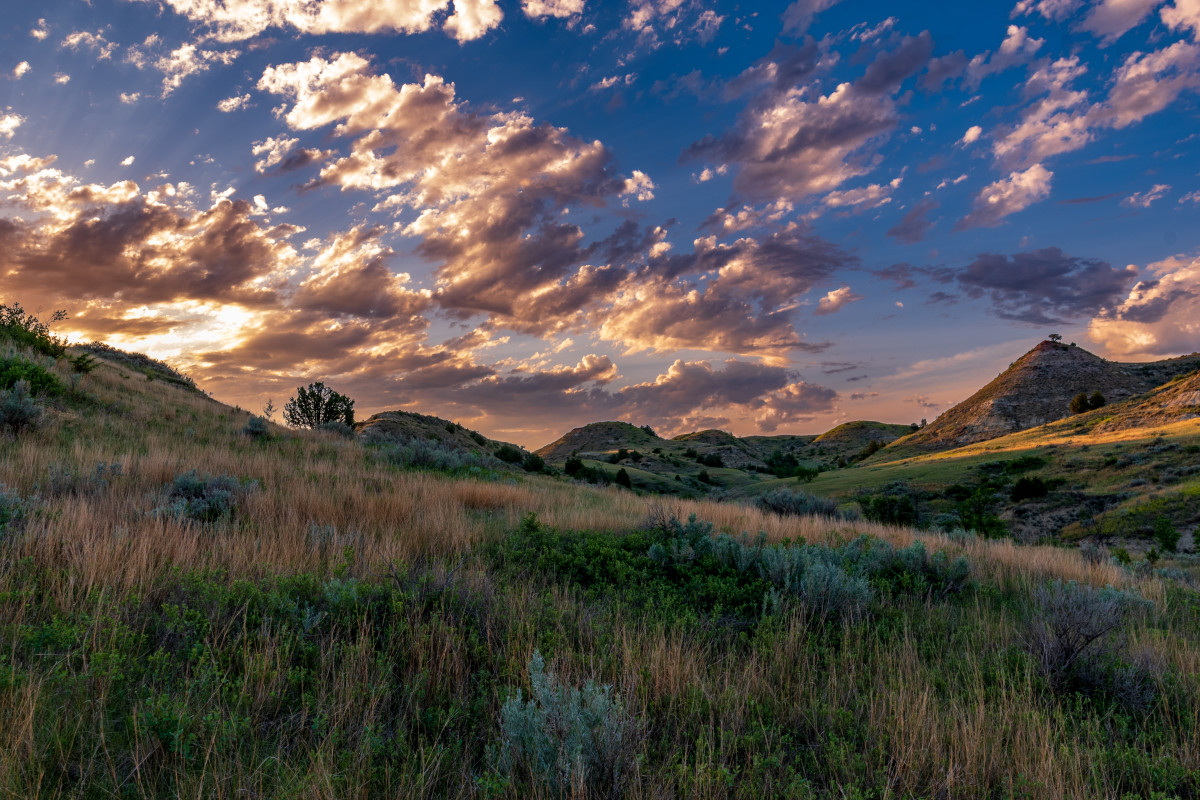
Most strikingly, when used in place of olive oil, one ton of Zero Acre oil saves over 10 acres. That means every 16-oz bottle of Zero Acre oil saves 222 square feet of land!
Conversely, if we were to try and replace all vegetable oil in the world with olive oil, it would require an additional 2.2 billion acres of land on top of the hundreds of millions of acres that are already devoted to vegetable oil crops. In other words, we would need an area of land larger than Australia, Brazil, China, the United States, or Canada just for olive crops in order to satisfy the world’s demand for edible oil.
If every drop of vegetable oil in the world were replaced with Zero Acre oil, we would save 145 million acres of land. That’s an area of land the size of Greece, the United Kingdom, and New Zealand combined.
Water-Use Requirements
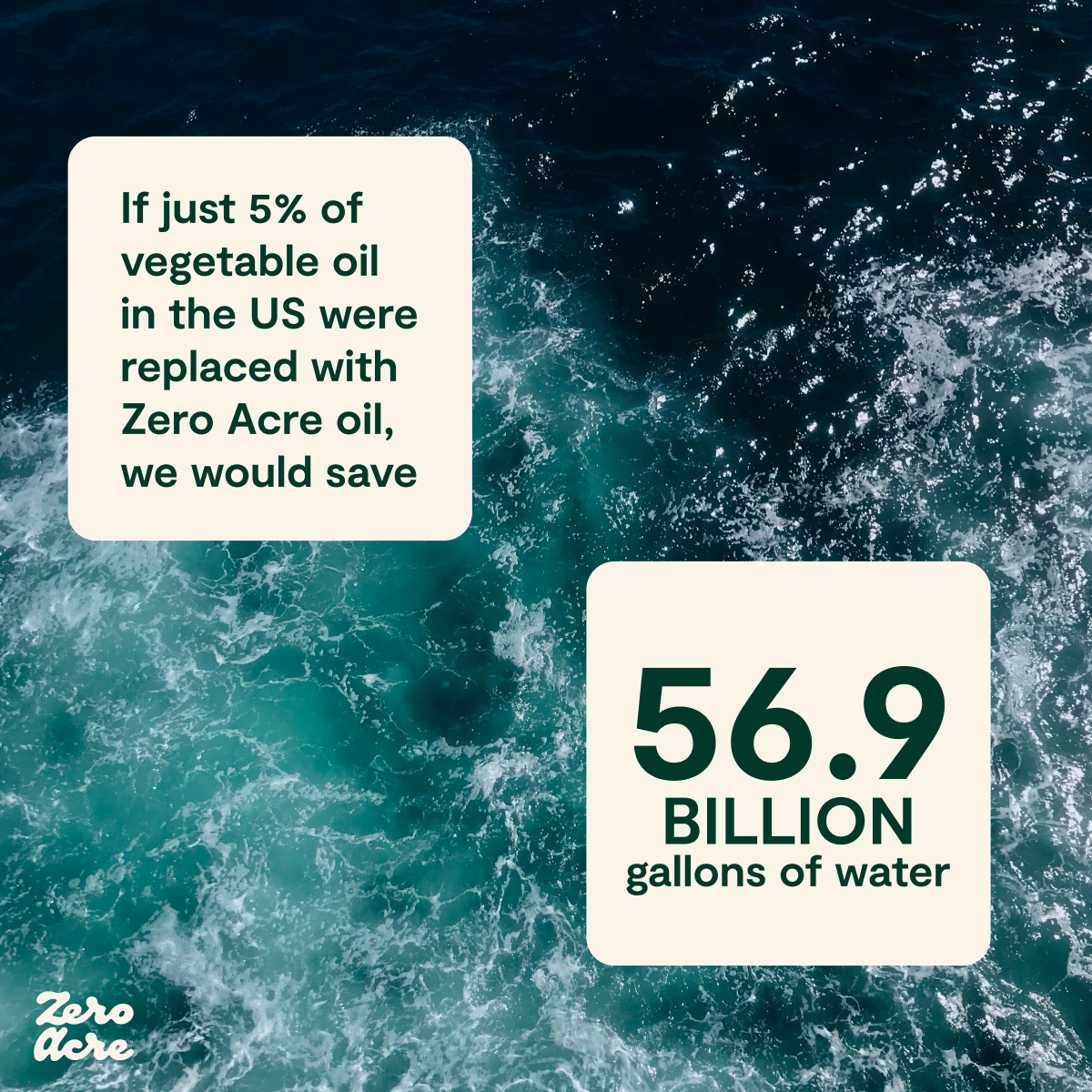
If just 5% of vegetable oil in the United States were replaced with Zero Acre oil, we would save 56.9 billion gallons of water every year.
Many vegetable oil crops, from soybeans to olives, rely on freshwater irrigation in order to increase oil yield. Without regular watering, many oil crops would either not survive, not produce enough oil to be economical or produce oil with more bitter flavors.
As a result, most vegetable oils have a large stress-weighted water footprint. “Stress-weighted” water footprint refers to the volume of water from reservoirs (blue water) multiplied by a water-stress index. Its main application related to water use is the potential to contribute to water scarcity and thereby limit freshwater availability for human uses and the environment.
Among all food crops, only nuts like almonds require more water than olive oil. In fact, per kilogram of food, olive oil requires more water than beef, eggs, pork, and milk [*].
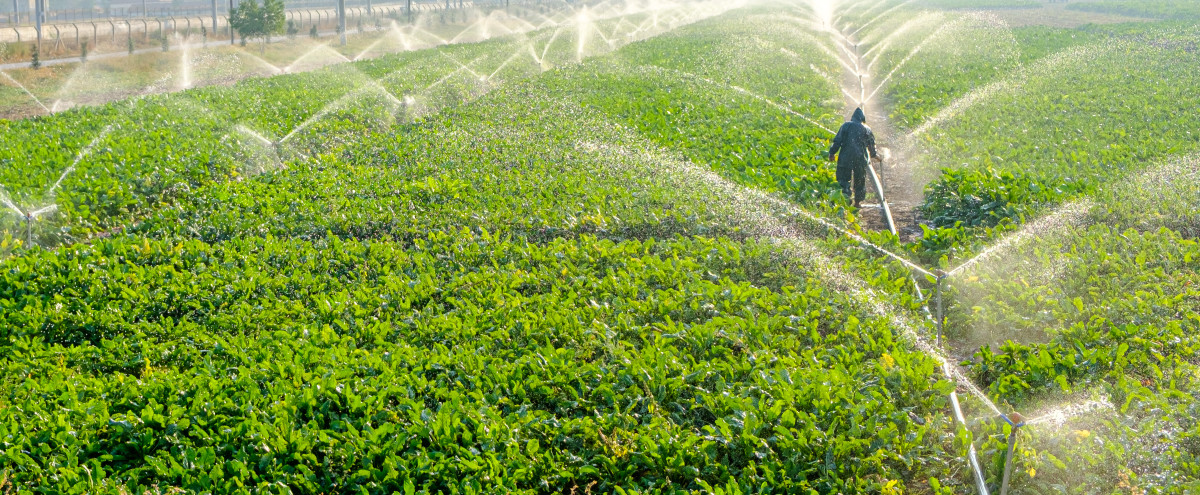
Zero Acre oil requires significantly less water than vegetable oils, with the exception of canola oil, which has a significant land footprint but a low water footprint. Zero Acre oil requires 83% less water than soybean oil, 88% less than palm oil, 90% less than sunflower oil, and 300 times less water than olive oil.

Using a 16-oz. bottle of Zero Acre oil instead of the same amount of olive oil saves over 300 gallons of water. That’s 5,000 cups of water that can be saved with just one bottle of cooking oil.
Olive trees do not require supplemental water and irrigation to survive, but olive oil is most economical and least bitter when produced with irrigation [*].
Olive trees are Mediterranean plants that are adapted to withstand dry periods. As described by Irrigazette, a magazine dedicated to irrigation, farmers in ancient times would only grow olives in arid or poor areas where other more delicate plants would not survive; however, if olives are given plenty of water during dry periods, there is a noticeable improvement in its fruit (olive) production, both in terms of quantity and quality [*]. For that reason, much of the olive trees that ultimately produce olive oil have extremely large water requirements in order to produce large amounts of plump olives that can be pressed for oil.
The University of California, Davis describes olive water management: “Adequate water is critical to maintaining orchard productivity since olive is extremely responsive to irrigation in terms of maximizing shoot growth, fruit size, and fruit yield, and oil yield per acre” [*].
For olive oil grown in California, every acre of olive trees requires 5,564 gallons of water per day [*].

There are olive farmers looking for ways to use less water; however, the dilemma is that olive trees that don’t get enough water produce olive oil that doesn’t taste good:
“Trees under the greatest water stress produced oils with excessive bitterness, very high pungency, and woody, herbaceous flavors. Although all irrigation treatments produced oils of ‘extra virgin’ quality, oil chemical and sensory characteristics indicate that intermediate irrigation provided the best overall balance in oil quality.”
Avocado oil is not as well-studied but may be just as thirsty a crop as olive oil, in addition to fueling illegal deforestation and threatening local populations [*,*,*].
If every drop of vegetable oil in the U.S. were replaced with Zero Acre oil, we would save about 430 billion gallons of fresh water every year, the equivalent of about 25 billion showers.
We can keep showering, but we should stop eating vegetable oils.
Greenhouse Gas Emissions

If just 5% of vegetable oil in the United States were replaced with Zero Acre oil, we would save 3.6 million metric tons of CO2-eq.
All crops and most human activities emit greenhouse gases. Some crops and activities result in more net emissions than others.
Most greenhouse gas emissions come from the energy sector. It is paramount to transition to more sustainable forms of energy, such as solar and wind. But the global food system is also a large contributor to emissions.
Food is responsible for approximately 26% of global greenhouse gas emissions, and while there are many “clean energy” solutions in the transportation sector that require little to no sacrifice (electric cars are in many ways better than gas-powered cars), there are fewer solutions when it comes to replacing the food crops responsible for the most greenhouse gas emissions, such as vegetable oils [*].
The four most prevalent vegetable oils alone — soybean, palm, sunflower, and canola — emit 1.2 billion metric tons of CO2-eq every year, or about twice the greenhouse gas emissions of all cars in the U.S. in 2020 [*,*,*].
Switching from an oil with a high carbon footprint to an oil with a low carbon footprint, such as Zero Acre oil, can have a significant impact on global emissions.
Zero Acre oil has a lower carbon footprint than all major vegetable oils, with the exception of sunflower oil. While sunflower oil has about a 10 times larger land and water footprint than Zero Acre oil, it has a similarly low carbon footprint. Compared to high-carbon crops like soybean oil, Zero Acre oil emits 86% fewer greenhouse gases.

If all the soybean oil in the world were replaced with Zero Acre oil, there would be a total reduction of 320 million metric tons CO2-eq every year.
As forests go up in flames to make room for vegetable oil crops, one of the many negative consequences is an increase in harmful emissions — not only greenhouse gases but also more acutely dangerous air pollutants from smoke.

In order to clear forested land for food production, manufacturers raze the land with fire. Researchers at Harvard and Columbia Universities found that the smoke from one mass Indonesian blaze in 2015 (to make room for palm oil production) may have caused 100,000 premature deaths due to harmful air pollutants [*].
There are a number of reasons to minimize global air pollution and greenhouse gas emissions, and while the most important lever we can pull as a society is in the energy sector by reducing emissions from the oil we pull out of the ground, reducing emissions from the oil we eat is an important and impactful step as well.
Biodiversity Impact
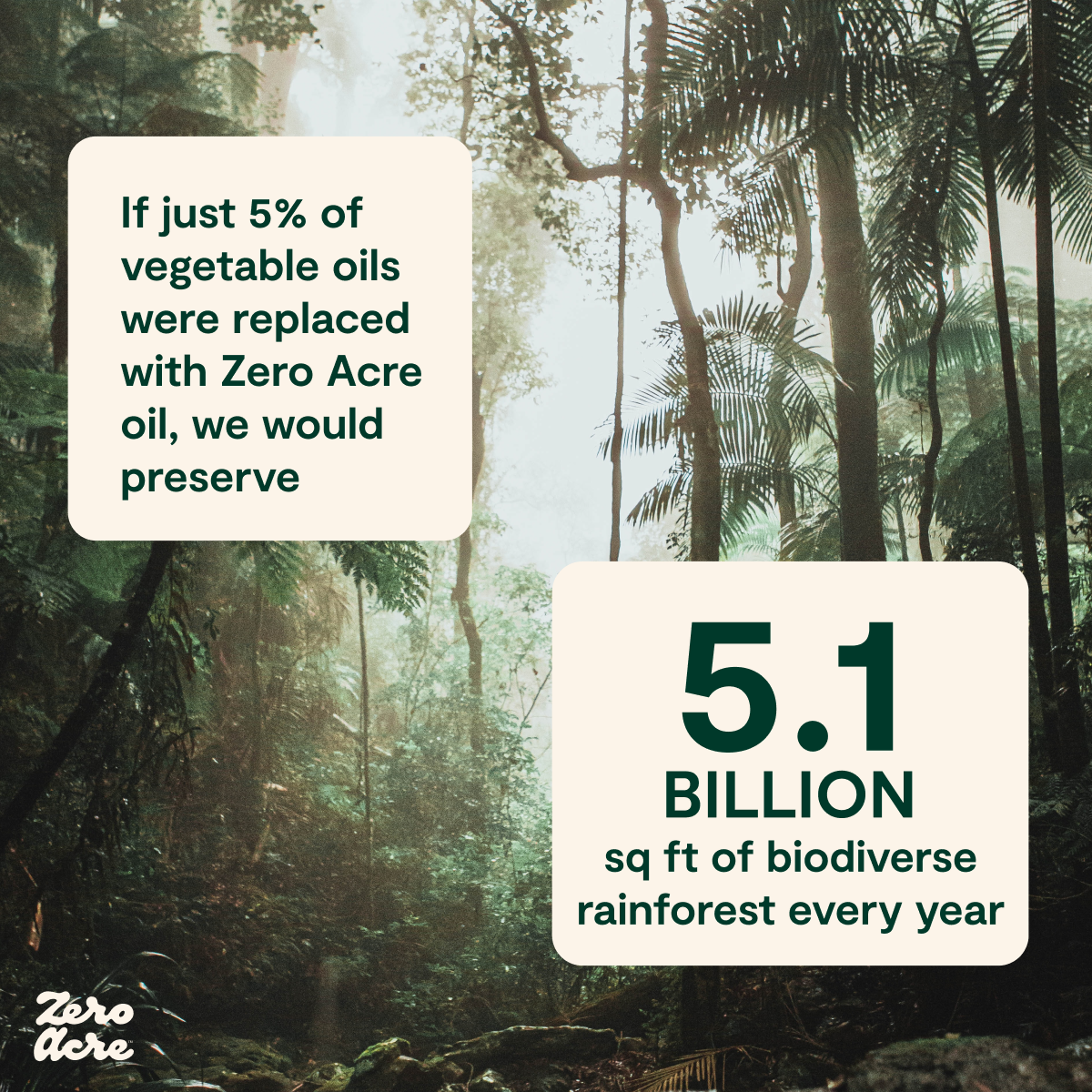
If just 5% of all vegetable oils were replaced with Zero Acre oil, we would preserve 5.1 billion sq ft of biodiverse rainforest every year.
Every year the world loses around 12 million acres of tropical forest. Rainforests are only 2% of the Earth's surface area but are home to more than 50% of our plant and animal species [*].
Tropical deforestation is driving species loss at a rate 100x faster than historical levels; 135 plant, animal and insect species are now driven to extinction every day in the world’s tropical rainforests [*].
The UN reports that our food system is the primary driver of both deforestation and biodiversity loss.
Two of the top three drivers of global deforestation are vegetable oil crops — specifically soy and palm oil. Both compete for land with tropical rainforests, the most biodiverse regions of our planet. Palm only grows in the tropics, and now soy is grown primarily in deforested land in South America, especially in the Amazon [*].
While palm oil is devastating for the environment because of where it grows, it may be the lesser evil among other vegetable oil crops [*]. If, for example, less productive soy was used to meet global vegetable oil demands, an additional 204 million hectares of tropical and subtropical land would be needed, or a 48% increase compared to now [*].
The chair of IUCN’s palm oil task force describes the dilemma: “Palm oil is decimating South East Asia’s rich diversity of species as it eats into swathes of tropical forest. But if it is replaced by much larger areas of rapeseed, soy, or sunflower fields, different natural ecosystems and species may suffer” [*].
While palm oil is associated with more threatened species (321) globally than any other oil crop, other vegetable oils also threaten biodiversity. Soybean oil is associated with 73 threatened species and coconut with 66. As a factor of its production volume compared to other oils, coconut threatens more species per ton of oil produced than any other vegetable oil, followed by olive oil [*]:
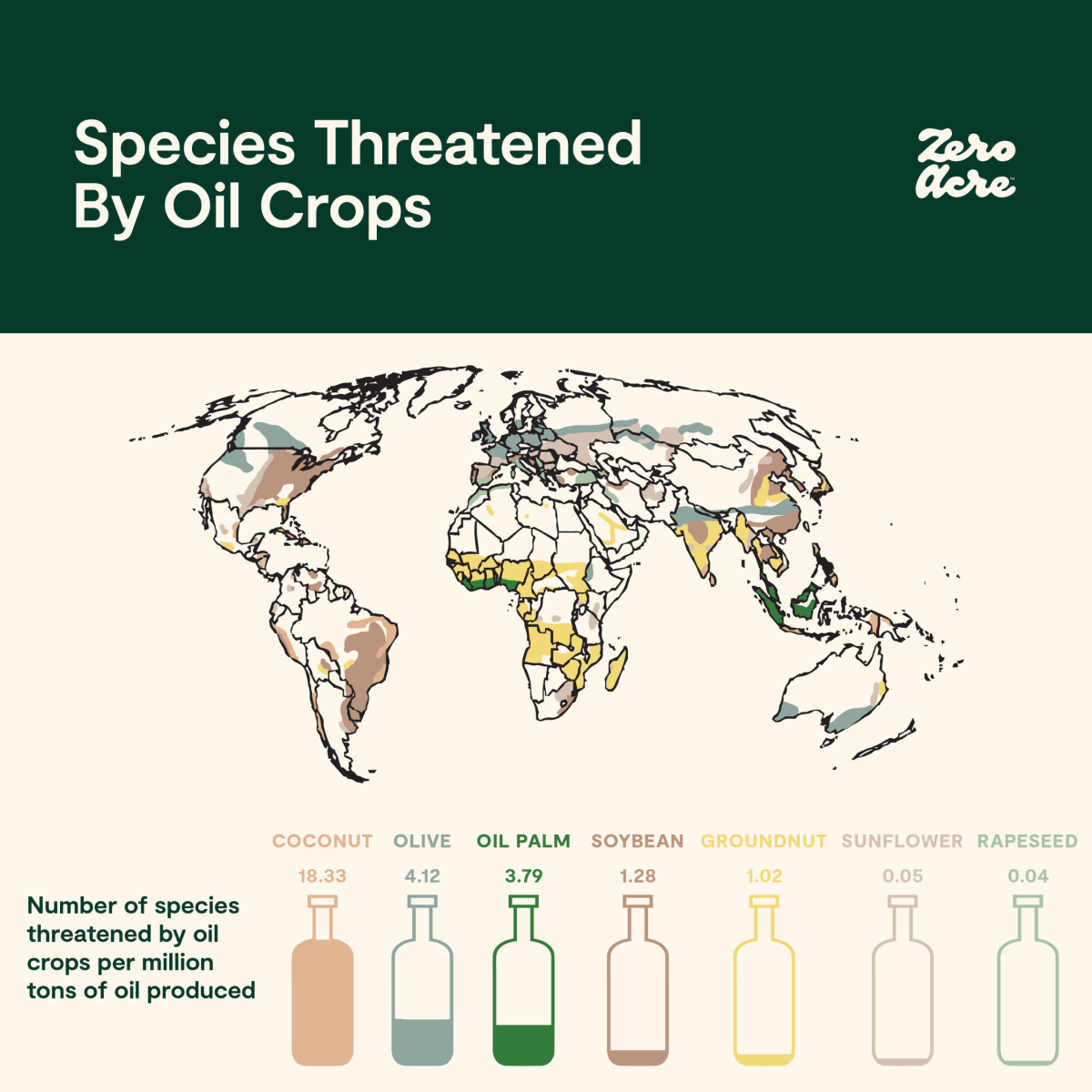
Adapted from: Coconut Oil, Conservation and the Conscientious Consumer [*]
Coconut oil is especially problematic for biodiversity because it, like palm oil, only grows in the most biodiverse regions of the planet, in the tropics near the equator [*]. Most of the world’s coconuts are grown in the Philippines, where coconut crop agriculture accounts for nearly 26% of the country’s total land use [*].

Unlike vegetable oil crops, Zero Acre oil, which is made by fermentation, can be produced anywhere in the world and therefore results in zero tropical deforestation, with minimal impact on biodiversity. Furthermore, the natural plant sugars used to feed the fermentation of Zero Acre oil are never sourced from rainforest regions or equatorial zones (including previously deforested areas).
When we put it all together, no other oil comes close to Zero Acre oil’s small environmental footprint and total impact on land use, water consumption, greenhouse gas emissions, and biodiversity.
The best oils for conserving land and biodiversity*:
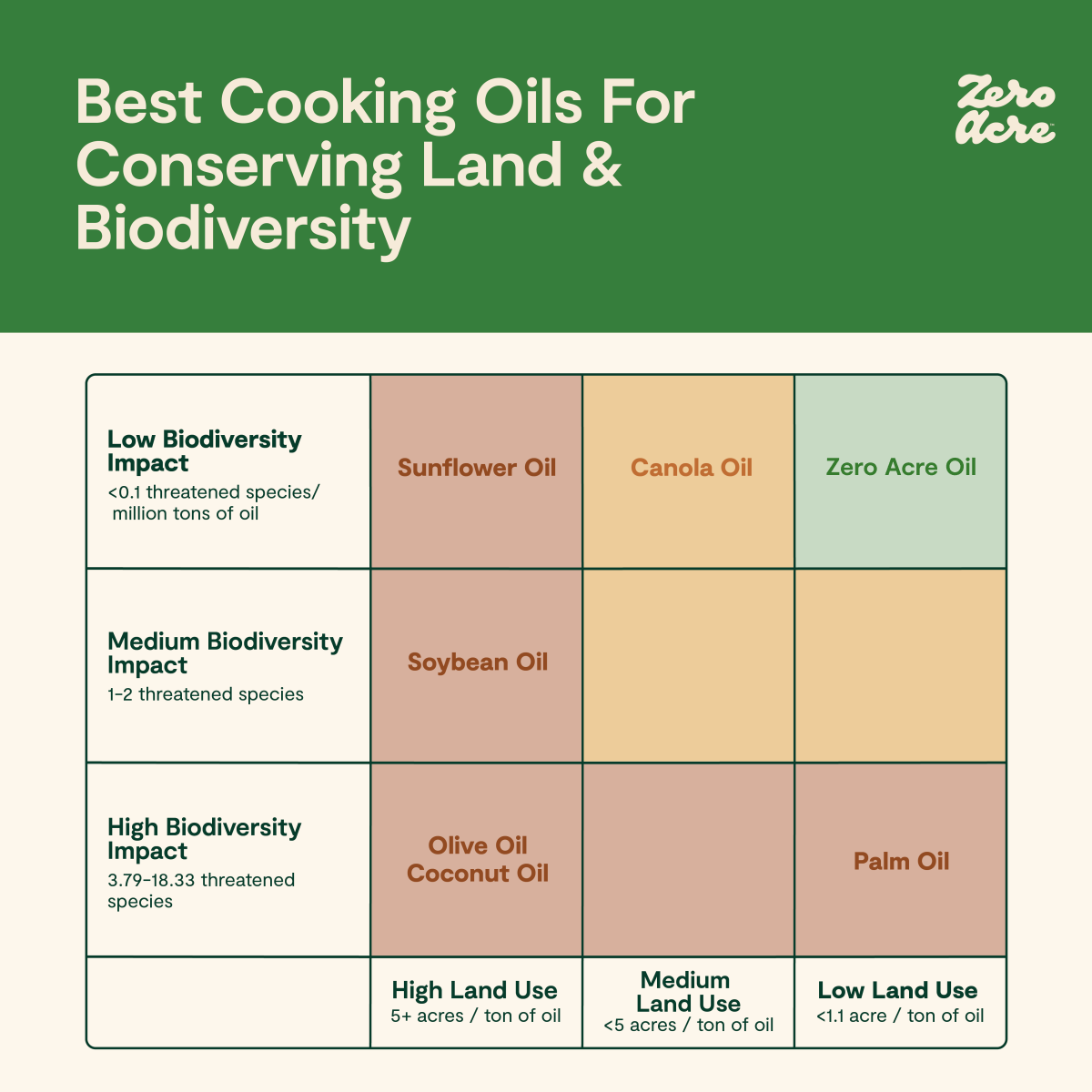
The best oils for minimizing greenhouse gas (GHG) emissions and water use**:

Zero Acre oil Packaging
As part of our mission to improve the health of the planet, we use 100% recyclable BPA-free aluminum packaging, in addition to a 100% recyclable kraft shipper box.
Aluminum is lighter and more sustainable than glass and infinitely recyclable. Infinitely recyclable refers to materials that can be recycled an infinite number of times without the quality of the material degrading. While the phrase “recyclable” is attached to countless products these days, that doesn't mean they can all be recycled forever. Today, about 75% of all aluminum produced in history, nearly a billion tons, is still in use [*]. Consumers are also about 70% more likely to recycle aluminum than glass or plastic [*].

While there are no data for aluminum versus glass versus plastic bottles for cooking oil, there are studies that have compared various materials for beverages: "On a per-container basis, the associated emissions of a beverage packaged in a 12-oz aluminum can are 45% lower than in a 12-oz glass bottle and 49% lower than in a 20-oz plastic bottle…" [*].
There are also significantly fewer pollutants generated from aluminum manufacturing than from either glass or plastic manufacturing. In a study on the subject, aluminum had the lowest impact ratings in seven of the 10 factors, plastic had the lowest impact in three of them, and glass was not lowest impact in any category [*].
Unlike glass (even dark green or amber-tinted bottles), aluminum packaging also does not let UV light in, making the oil less susceptible to oxidation, rancidity, and waste. Because aluminum is lighter than glass, it is more environmentally friendly in transportation. It’s also less susceptible to breaking or cracking than glass, further reducing waste.
As of July 2022, our bottles are 99.7% aluminum and contain a plastic pour spout and tip. We are working to replace these parts with aluminum as well.
The Takeaway
To succeed in our mission, it’s not enough for Zero Acre oil to only be more environmentally friendly than vegetable oils. The environmental benefits should be the icing on the cake.
We only succeed if we deliver oils and fats without compromise, by doing a better job of giving consumers everything that matters to them — deliciousness, nutritional value, and convenience. That is why Zero Acre oil’s environmental benefits are only one piece of the story. It’s also a cooking oil that’s healthier, tastier, and better in the kitchen than vegetable oils.
To give the world an oil change, we think it’s most effective to meet consumers where they are with a cooking oil that’s better in every way, and not try and convince them to sacrifice the foods they love.
Keep the french fries. Save the planet.
*Unlike land use, water use, and greenhouse gas emissions, the biodiversity impact of Zero Acre oil and other oils is estimated, not directly measured, based on the number of threatened species in the regions where each oil is produced.
**While this analysis focuses on the environmental impact of different cooking oils, animal fats such as pork lard, chicken fat (schmaltz), and duck fat would appear in the bottom left corner, emitting high GHG emissions and requiring high water use. Beef tallow, on the other hand, is much more variable, falling either in the bottom-left corner for conventional beef fat from animal feedlot operations, or in the very top-right next to Zero Acre oil for beef fat from regeneratively farmed cattle, according to the only lifecycle analysis we have on the topic from White Oak Pastures. Most dairy fats, like butter, would appear in the bottom-left. Dairy from regenerative farms is likely more sustainable, but to our knowledge, there have not been any life cycle analyses performed on regenerative dairy.
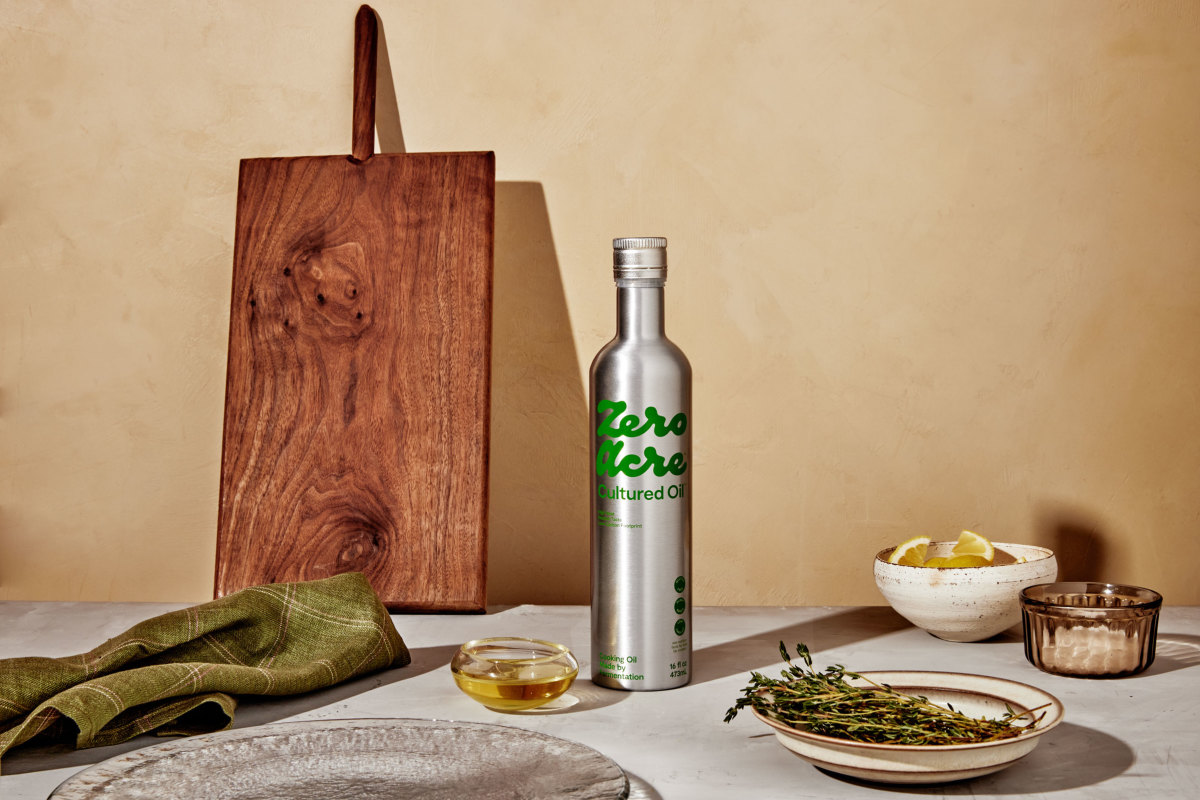
The Purpose and Plan Behind Zero Acre Oil
The launch of Zero Acre oil marks our first step toward displacing vegetable oils. There no longer needs to be a tradeoff between health, sustainability, and culinary performance.
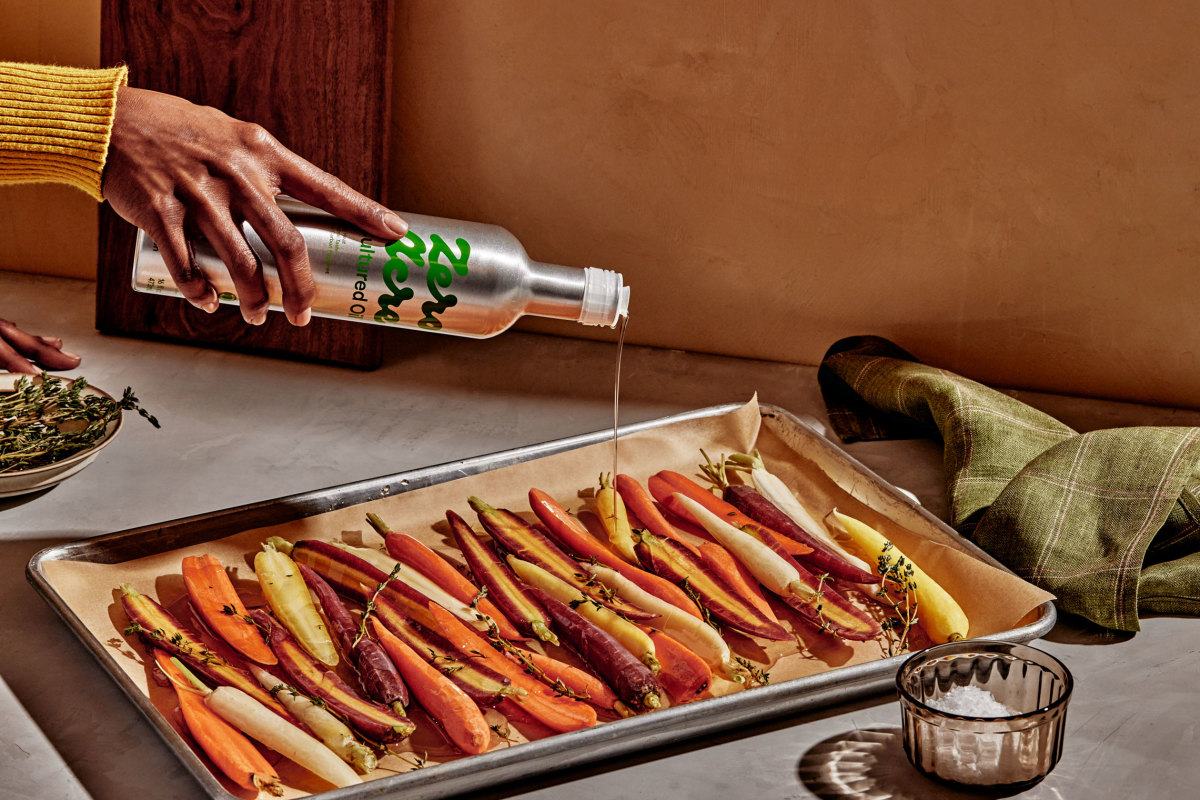
Zero Acre Oil Health Report
Zero Acre oil is the cooking oil the world's been waiting for. It’s low in linoleic acid, high in healthy fats, and can withstand high-heat cooking.

